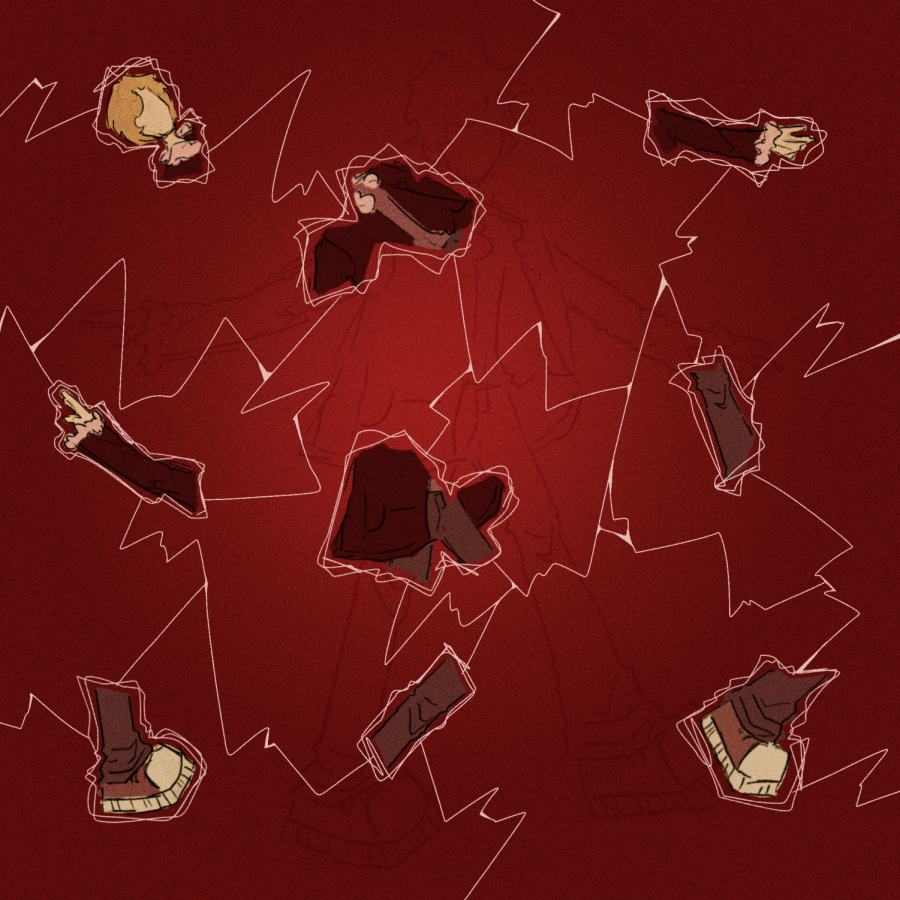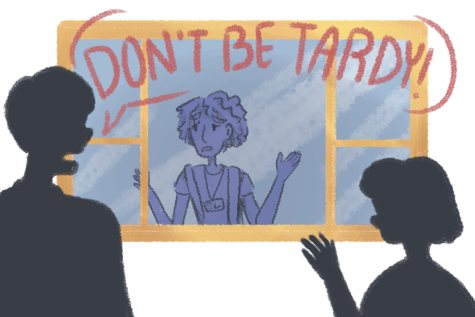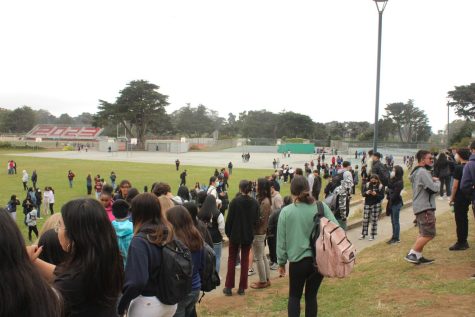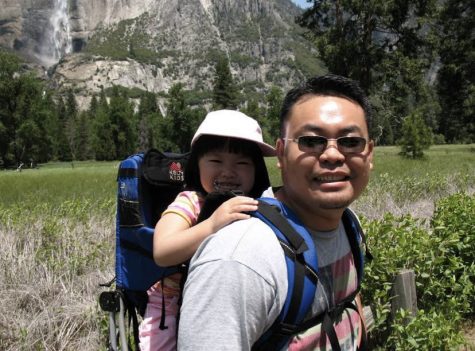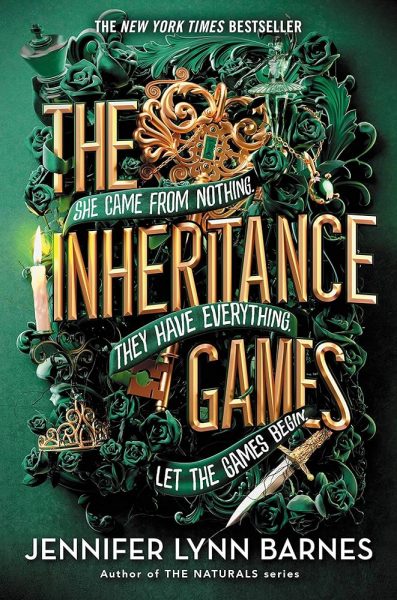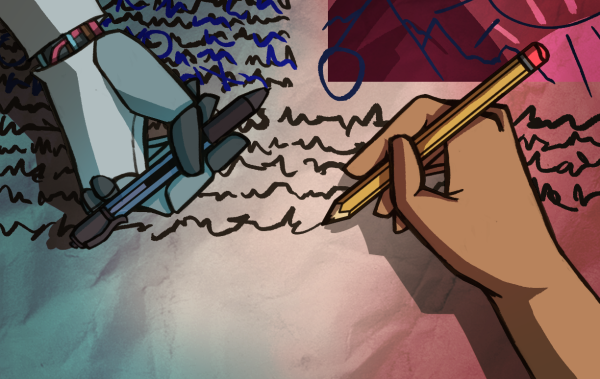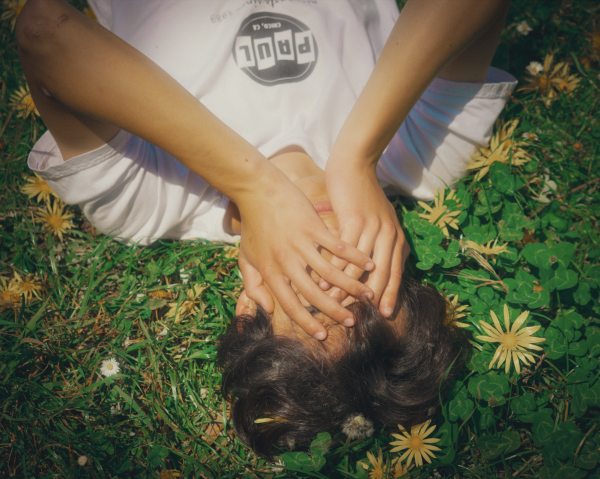Establishing my racial identity
A familiar fear washes over me again. As I step up to the podium to deliver my speech at the 47th Annual Japanese Speech Contest for Elementary School Students, I try not to imagine the surprised, even shocked reactions that people may have when I, a white-appearing, blond, blue-eyed fifth grader, starts speaking in fluent Japanese about my favorite food being takoyaki (Japanese fried octopus balls). When I start my speech, a wave of calmness floods over me. It’s just me, the judges, and my voice. I feel just like any other participant. Later, as I walk off the stage with a 2nd place trophy clutched in my hands, I feel validated and worthy of my heritage.
This was not the first time my feelings about my racial and cultural identity had both ups and downs.
My mom is half-Japanese and half-White, and my dad is White. Although ethnically I may only be one quarter Japanese, Japanese culture has been a huge part of my upbringing. I speak fluent Japanese and to this day only speak to my mom in Japanese, and also take part in celebrating Japanese holidays and traditions. I have also visited Japan several times and have lots of family there, including two grandparents, an uncle, an aunt, a cousin, and even a great-grandmother. However, people’s reactions to me speaking about my heritage are almost always, “Oh, that doesn’t really count,” or “Whatever, you’re white.” Because of this, I have felt unworthy of my heritage and have questioned whether I can really call myself part-Japanese or mixed. However, I have slowly learned to accept myself for who I am by appreciating my heritage and ignoring people who make me feel ashamed of it, thanks greatly to my mom’s efforts. “Accepting yourself for who you are is a long journey that can be challenging, but is one that you absolutely must take.
After I began attending Lowell, I found that a lot of students, especially Asian American students, would tell me that I wasn’t really Japanese and that I was just white. If they saw me texting my mom in Japanese, they would immediately be intrigued and ask how I knew Japanese. However, if I told them it was because I was part-Japanese and that my mom had taught me, they would always respond with a smirk and something like, “You aren’t Asian,” or “Why do you look so white, then?” and tell me that if I was really Asian, I wouldn’t look “so white.” This would often make me doubt my own identity and rethink whether I could really even acknowledge my Japanese heritage in public.
However, I have felt occasional moments of validation from others about my racial identity. When I speak to someone, usually one of my mom’s friends, in Japanese, they are often surprised, and ask, “How long have you been going to hoshūkō Japanese school?” I proudly tell them that I had never gone to hoshūkō, and that I had simply learned from my mom. Amazement and admiration for my Japanese skills usually surface as they compliment my mom on her teaching. Moments like these always make me feel worthy of being considered part-Japanese.
My mom has always wanted me to be proud of my heritage, wear it with pride, and tell people confidently that, yes, I am Japanese. It’s a sensitive topic for her because she was always told growing up in Japan that she wasn’t “Japanese enough” for being half-white, and that she wasn’t a “full American” after moving to the U.S. for college. Because of this, she’s made a huge effort to encourage me to be proud of who I am and not wish that I was more ethnically Japanese. “Although people may never fully recognize my heritage, I am beginning to finally appreciate just how much it means to me.
Although I spent much of my elementary and middle school time feeling negative about my identity, I have now realized how lucky I am to have this part of me and be proud of my Japanese heritage. I have learned that whatever situation you’re in, there will always be people who try to bring you down. However, accepting yourself for who you are is a long journey that can be challenging, but is one that you absolutely must take.
Recently, I have been appreciating my heritage more. I notice the moments where I go to a Japanese restaurant with friends and read them the menu when they can’t. I notice the moments when I have conversations with my grandparents and all the laughs I have with my aunt and uncle. I notice and value the fun of Japanese celebrations like Setsubun (the day before spring) and Oshōgatsu (Japanese New Year’s). And I appreciate the bond I have with my mom through this mutual connection. Ultimately, I have learned to be grateful for what I am, and to ignore people who suggest I’m not worthy of being considered part-Japanese. Although people may never fully recognize my heritage, I am beginning to finally appreciate just how much it means to me.

Kai is a sophomore who enjoys many things, including reading, art, eating, and watching sports. He also likes almost every type of music, but his favorite artist is Mac Miller. He hates public speaking and bugs.
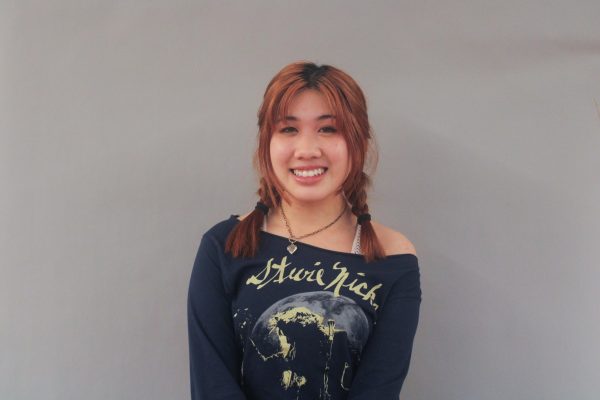
Danica is currently a senior. She enjoys reading, making art, and walking her dogs, and she will try any food once. She eats at least one fruit a day and has a disturbed circadian rhythm.


